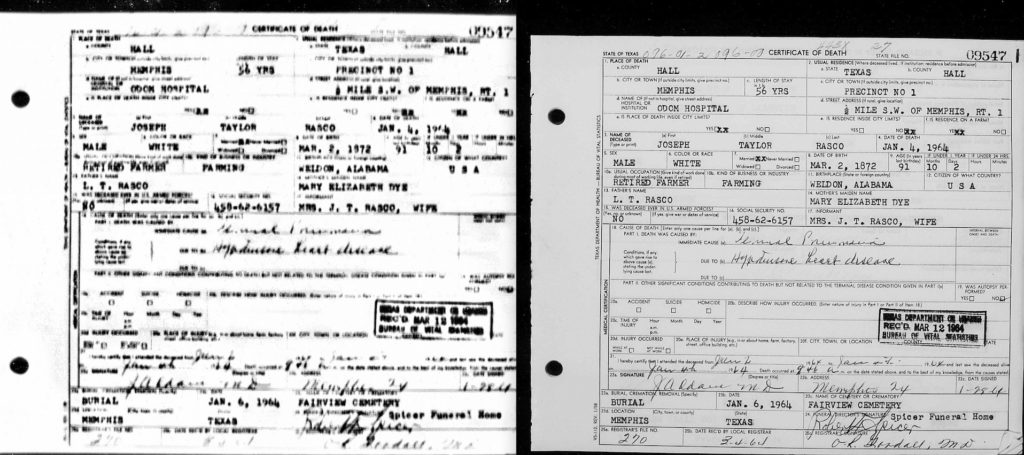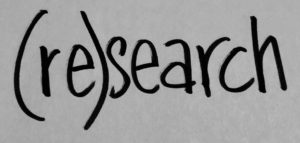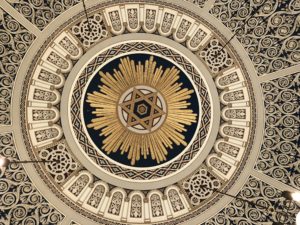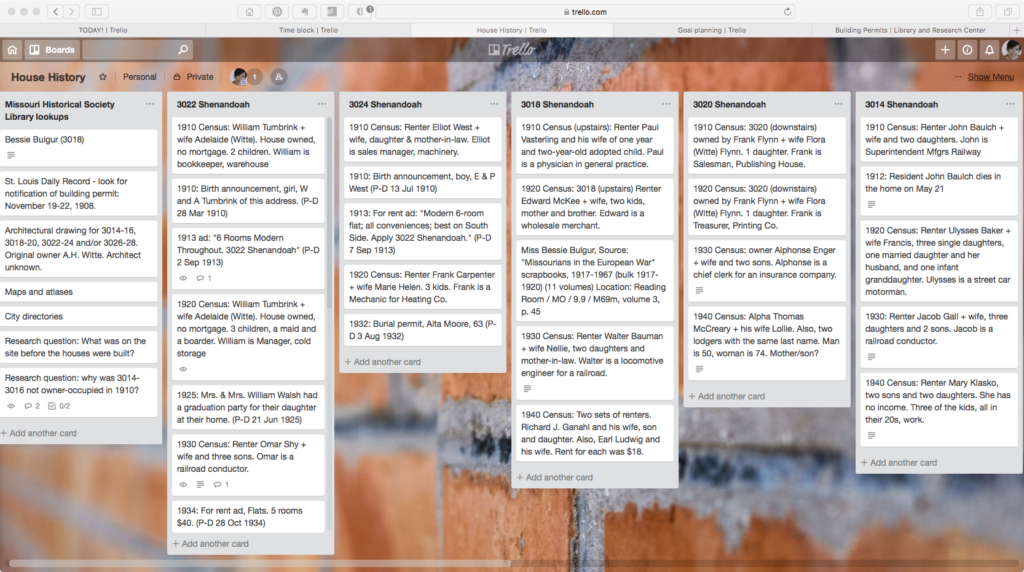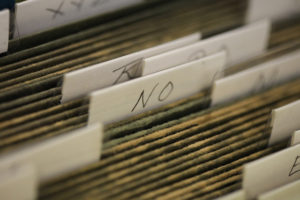 I just re-read a blog post I wrote on August 12, 2012, just a couple of months after I started this blog, called How I organize my family history research. It outlines how I organized my research back in the day, when I kept everything on paper. If you have all your genealogy documents on paper, you might find it helpful.
I just re-read a blog post I wrote on August 12, 2012, just a couple of months after I started this blog, called How I organize my family history research. It outlines how I organized my research back in the day, when I kept everything on paper. If you have all your genealogy documents on paper, you might find it helpful.
What struck me in reading this six years later is that, with the exception of using Reunion software, I no longer do anything I outlined in that article. Wow!
Specifically, I don’t print documents. Therefore I don’t file documents. And I almost never access the documents I printed and filed six years ago. If I wanted to see them and didn’t already have them filed on my hard drive, I would just go online and download them. The exceptions are the few documents I have that were mailed to me. And I scan those whenever I come across them.
Am I better at organizing my genealogy research now than I was in 2012? Not necessarily. I’m a professional organizer and I did a great job of organizing my papers back then. But is my current system better than my 2012 system? For me, the answer is unequivocally yes.
My digital filing system is easier, more convenient and less labor-intensive than my paper filing system was.
If you’re curious about my evolution of paper to digital, check out these posts:
- 2012: How I organize my family history research
- 2013: To print or not to print?
- 2014: Going paperless
- 2015: 8 reasons not to print
- 2016: Resisting the urge to print
- 2016: How I store my genealogy information
- 2017: Introducing the Paperless Genealogy Guide (which I co-wrote with Brooks Duncan)
- 2017: My digital workflow
- 2018: A time-saving addition to my digital workflow
It’s so fun having a blog so that I can look back and see how things have changed over the years. This transition from paper to digital has undoubtedly been a positive change for me!
My electronic file system continued to evolve and in 2021 I published an Orderly Roots Guide called How I Do It: A Professional Organizer’s Genealogy Workflow that provides detailed information on how I organize my own genealogy research, which is now 100 percent digital. The downloadable pdf is 37 pages and available for $19.99.
Photo by Tom Woodward via Flickr. Used under Creative Commons License.
